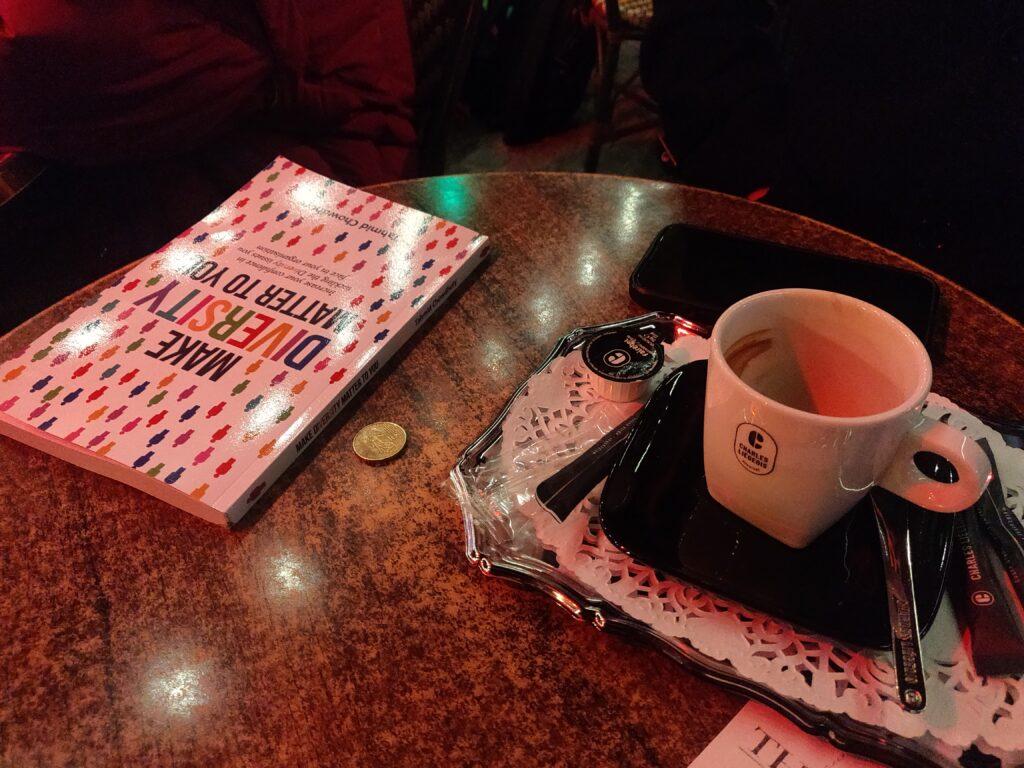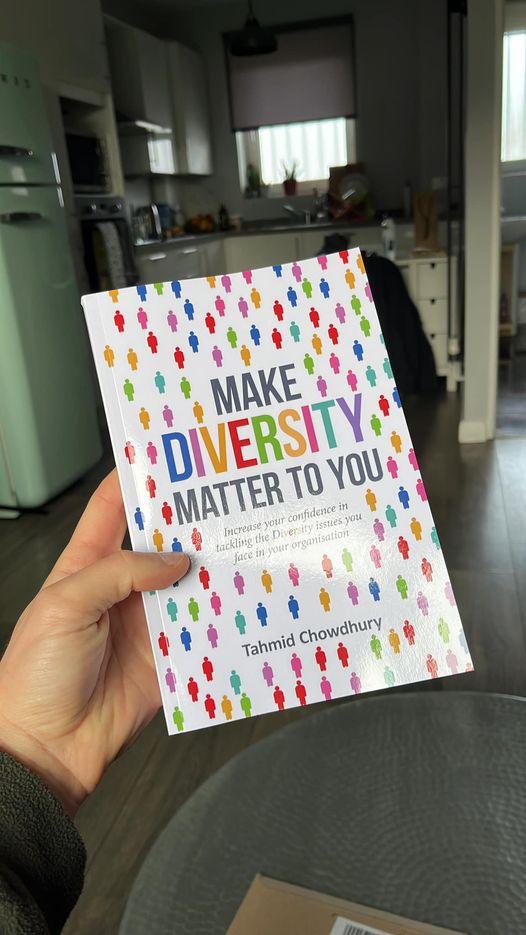
This is article no. 101. So I thought I would share a life lesson 101: the more you give, the more you receive.
Giving is so powerful, yet we often get caught up in worrying about what is in it for us. Even when we want to be generous people, this falls away when we are stressed or lose sight of the bigger picture. When we get in the mindset of thinking about what we are taking, we lose sight of the reciprocal nature of humanity.
How often have we experienced that friend who only reaches out to us when they need something? We can label these people as the ‘takers’ – we learn their patterns, and quickly become suspicious whenever they sporadically contact us. ‘What do they want this time?’. Whether it’s money or one-way emotional support, the conversation is about them and their problems.
How strongly does that contrast to those incredibly valuable people who support us no matter what? These are the ‘givers’, and we know they are there for us when we need them. We value their friendship and counsel. They make time for us, even when they have issues themselves. They are people we would trust to honour their word.
We know who we prefer, and we also know who we would prefer to be as well. But how often do we truly commit to being the ‘givers’ versus the ‘takers’?
Many of us see ourselves as givers. Perhaps we are generous with our family, and we see ourselves as providers because we earn the money that pays the bills. This may be true, yet I also observe that many of us have blind spots depending on the different areas of our life.
For example, despite seeing ourselves as ‘nice’, we can be emotional takers when we are stressed. In a business setting, we may see it as ‘professional’ to be purely transactional, not realising that this is a form of taking rather than giving. Our conversations with people may be short and to the point.
My life has dramatically shifted once I realised this distinction of ‘giving’ and ‘taking’ and applying this across the whole of my life. Whilst I would work in jobs where I would ‘give’ a lot to help others, many of my relationships with friends and family were me ‘taking’.
I would put little effort in to fostering those relationships , and would often only reach out when prompted to, or when I needed something. I would bemoan not having people I could reach out to when I had a problem, yet I spent little time doing that for others.
Now, I spend far more time seeing how I can be helpful and generous to people. I’ve seen through the logical fallacies of expecting others to be warm and kind to me when I am not doing that for them. I also recognise that I can make the change I want in my life, rather than waiting for someone else to do it for me.
I wrote a post earlier this week about how I’ve given out over 30 copies of my book, Make Diversity Matter to You for free. Economically, this does not make sense. I’ve already spent more money giving out this book then I have earnt from sales.
But I recognise the universal law that the more I give, the more I receive. A book gifted means much more to the person receiving it than many other things I could do for them.
This isn’t a PR stunt either. The condition I give for people to take a copy is that they read it and apply it to their own life. I don’t ask them to publicise this book to friends or leave me 5 star reviews in return for a free copy. If they want to do that of their own volition, great. But that’s not really the point, and if I came with that expextation I would simply be ‘taking’ in a more creative way.
Writing my book has been a labour of love. I don’t know how long it really took me to write it, but I started in November 2020. It’s been a real learning journey. I got overwhelmed and stopped writing it for about a year. But in 2022 I was driven to complete it to make a positive impact in the world. This is a far more powerful motivator than the theorised ‘fame’ or ‘credibility’ I get from having a book with my name on the front.
I’m not pretending to be a selfless person. If anything, what I am doing is actually selfish. The reason I give more is that I know the benefits will come back to me eventually. Yet I’m also aware that the temptation can be to do what is easy, or what will benefit me in the short term. So I am choosing to be a ‘giver’ rather than a ‘taker’.
Some people inevitably want to buy the book even when I offer it for free, and I provide the option for them to do so. If you’d like a copy, I will share the links to the places where you can buy it. But I want this to be impactful. I believe the book will be incredibly powerful for you if you apply it to your life.
So when people have asked me if they can buy a copy to ‘support’ without the intention of reading it, I tell them not to bother. I don’t know anyone who needs another book sitting there left unread. That’s not helping anyone, and I don’t want to take their money for the sake of it.
So I’d invite you to examine your life and the different areas of it. Look at where you are giving, and celebrate it. See how powerful it is, and how much contentment and fulfilment this feeling gives you. Now look at where you are taking. Be honest with yourself. Where could you put more effort? Is it with your boss, partner, friends, family?
If you genuinely shift the areas where you are taking to ones where you are giving, the transformation in your life will be incredible.
Here are the links for the book. The book is available on Amazon from different storefronts depending on countries, link below:
Amazon UK – https://www.amazon.co.uk/dp/B0BMK13Q6C
Amazon Fr (ships to Belgium) – https://www.amazon.fr/dp/B0BMK13Q6C
Amazon DE (ships to Belgium) – https://www.amazon.de/dp/B0BMK13Q6C
Amazon US – https://www.amazon.com/dp/B0BMK13Q6C
Amazon AU – https://www.amazon.com.au/dp/B0BMK13Q6C









